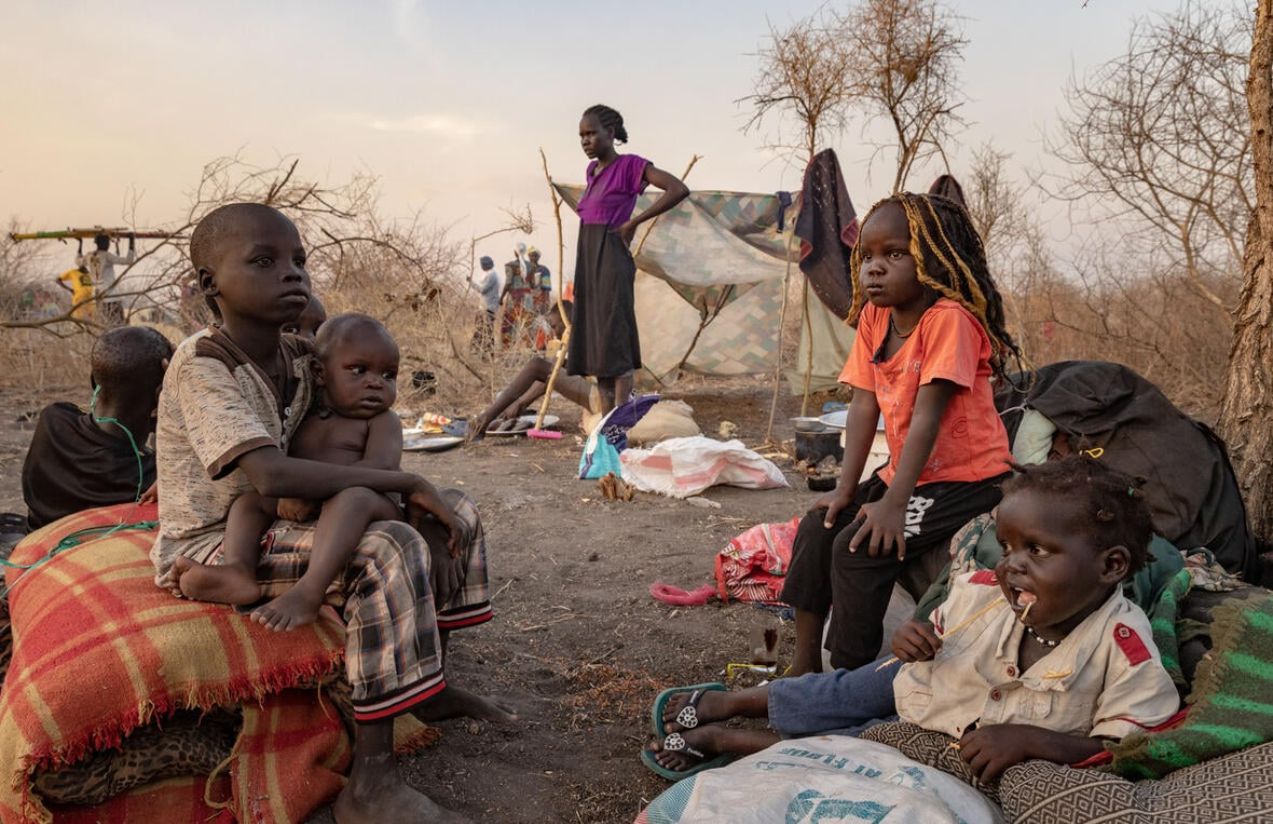Recently, the United States warned that Sudan is currently facing one of the world’s largest humanitarian crises, according to statements from Massad Boulos, the U.S. envoy for the African continent.
The country’s war has escalated, especially after the takeover of Al Fasher by the Rapid Support Forces, where reports describe killings, massacres, torture, sexual violence, and arbitrary detentions. Millions of civilians remain trapped in the conflict with no access to essential aid. Experts estimate that nearly 21 million people are suffering from acute food insecurity, and hundreds of thousands are on the brink of famine.
Meanwhile, the UN has demanded an urgent investigation into the reported crimes and is pushing for a ceasefire. The international community is also advocating for a three-month truce, followed by a transition toward a civilian government to alleviate the population’s suffering.
What could happen if urgent action is not taken?
Failure to intervene could worsen Sudan’s situation, intensify famine, increase mass displacement, and raise international pressure for greater involvement; all with devastating consequences for the most vulnerable populations.

